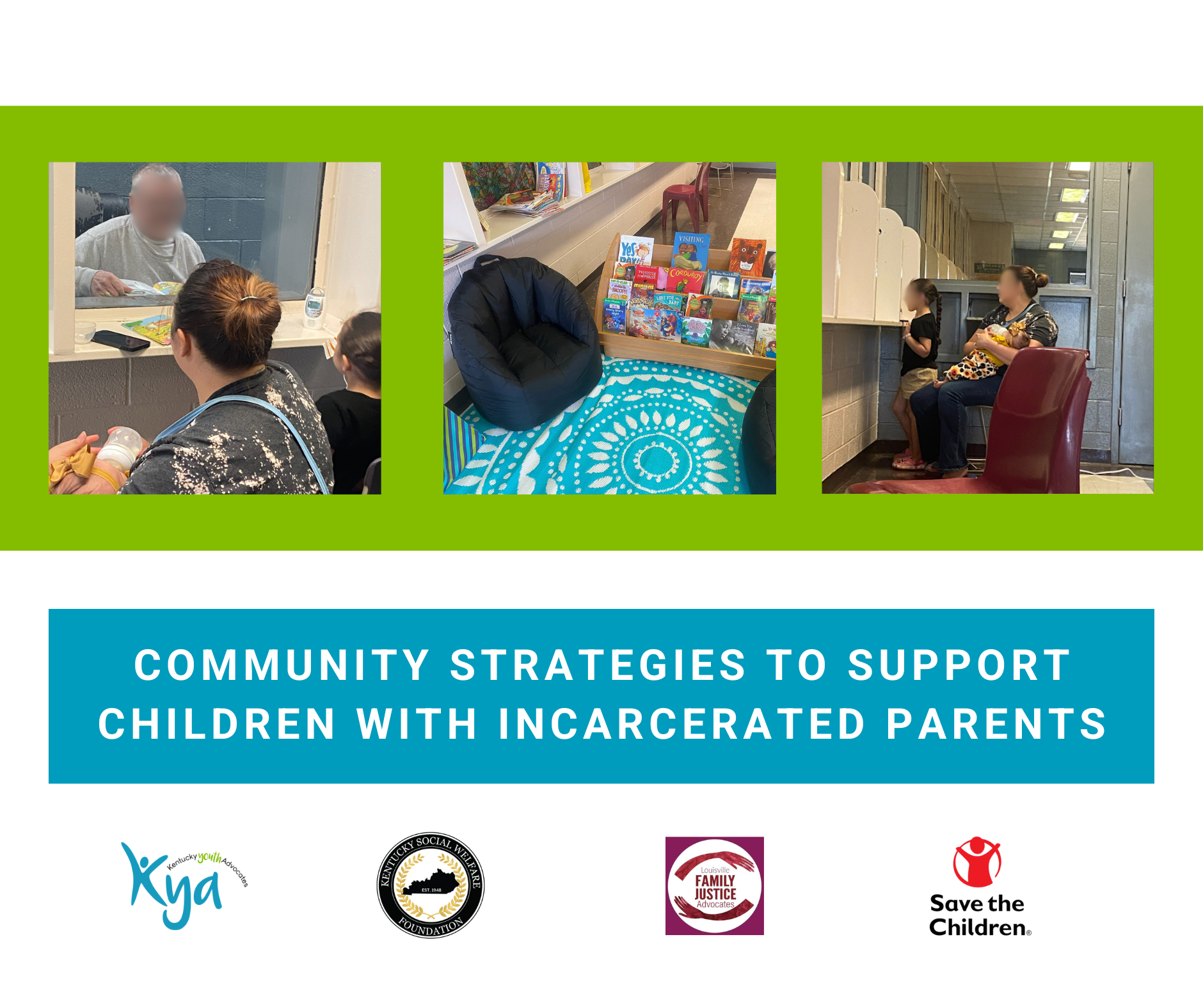As someone who passionately works to improve the health of children, I always have to remind myself that health does not exist in a vacuum. If Jonny’s family does not have enough money to fix their car or if his parents do not have stable income, it may be difficult for Jonny’s parents to take him to the doctor. Yet Jonny’s story is not unique. In fact, one in four children in the Commonwealth lives in poverty.
Many studies link poverty and health. Research documents that as incomes increase, health outcomes improve – and we, as Kentuckians, cannot deny that we need improved health outcomes. Kentuckians have some of the highest rates of obesity, diabetes, asthma, and children with special health care needs in the nation.
While I spend much of my time working on health policies that will positively impact children, health policy alone will not solve all health issues affecting children and families in Kentucky. We must look to other solutions that impact the health of children. One proven tactic is the implementation of a state level Earned Income Tax Credit (EITC).
The federal EITC lifts more children out of poverty in the United States than any other program. The EITC increases the amount of money workers get back on their taxes. Families that receive the EITC typically spend it locally for things such as car repairs, gasoline for their cars, medicine, and groceries. Not only does this help low-income working families, it also helps local economies.
The EITC has also been proven to improve health outcomes. Studies have shown that when families are eligible for the EITC, they are more likely to have health coverage for their children and there is a reduced rate of infant mortality. A 2010 study revealed that living in a state with an EITC reduces the odds of maternal smoking by 5 percent. This is extremely relevant in Kentucky where one in four mothers smoke during pregnancy. The same study also revealed a link between a state-level EITC and increased birth weights among infants. Almost one in ten babies in Kentucky is born at a low birth weight. It is well documented that infants with low birth weights often experience negative outcomes such as infant mortality, poor child health, and even reduced earnings as an adult.
Now let’s go back to the Jonny story for a moment. If his family received a state EITC in Kentucky along with the federal EITC, his parents might be able to fix the car so they can take him to the doctor. This extra money could help his parents have the resources to find more stable jobs or pay outstanding bills. As Jonny’s family moves out of poverty, he sees a doctor regularly and gets the preventive care he needs.
Today is National EITC Day and what better way to honor this day than to contact your legislators and ask them to pass a state-refundable Earned Income Tax Credit? Not sure who your legislators are? Find out at http://www.lrc.ky.gov/Legislators.htm. Let them know that this money will not only put money directly back in local economies, it will also positively impact the health of Kentucky’s children. Our children deserve the best and we at Kentucky Youth Advocates hope you will join in this effort.
As part of EITC Awareness Day, Kentucky Youth Advocates will be posting ways families would use a $100 EITC refund and the benefits a state-level EITC would have on local economies on Twitter. You can follow us at www.twitter.com/kyyouth.






Leave A Comment